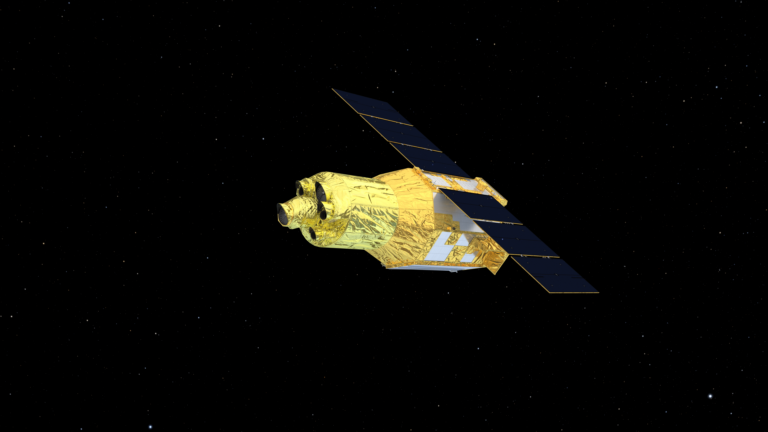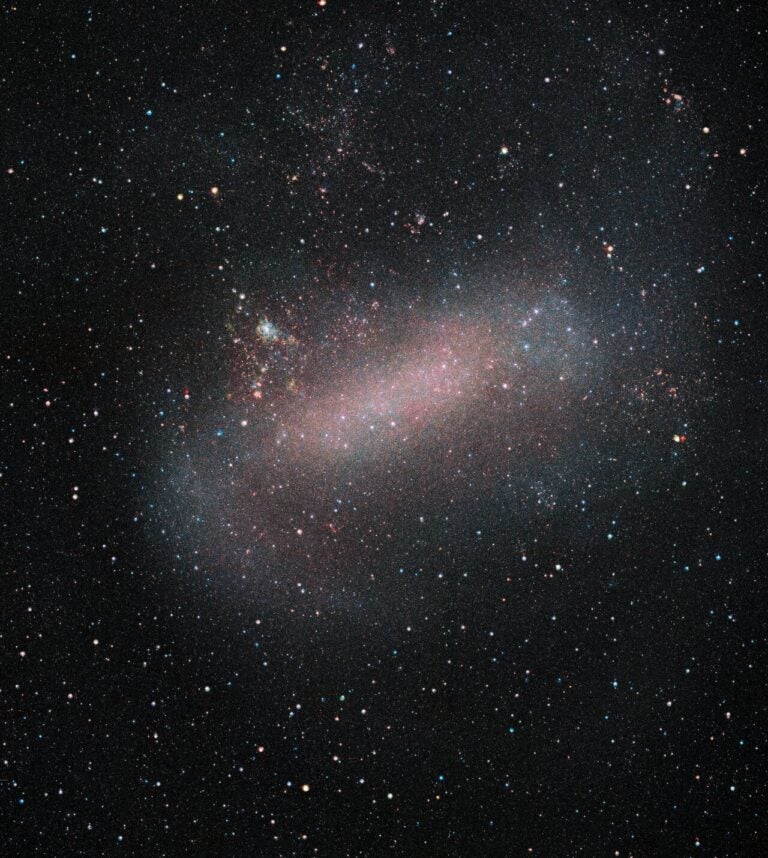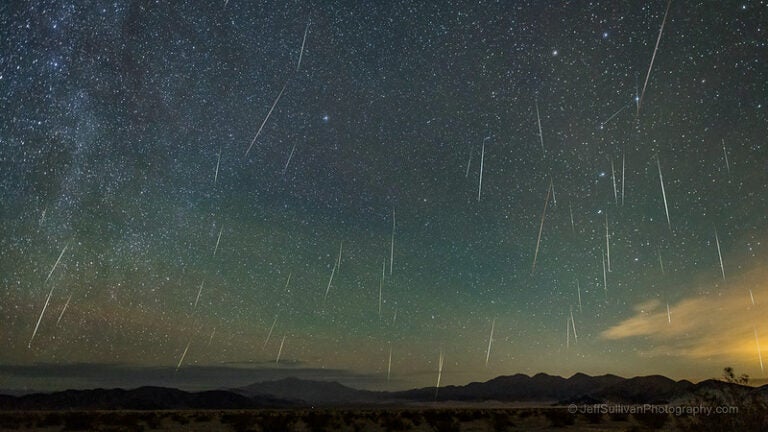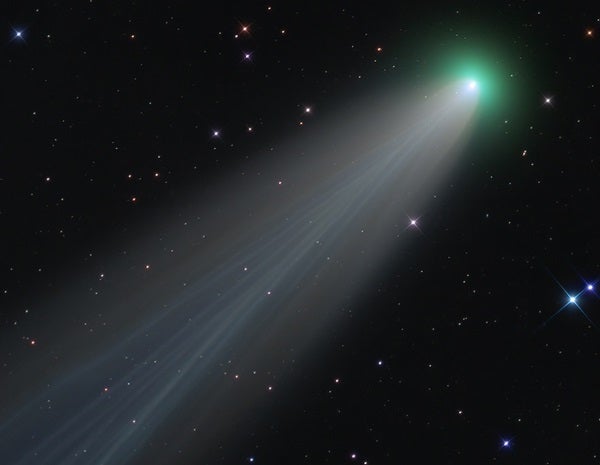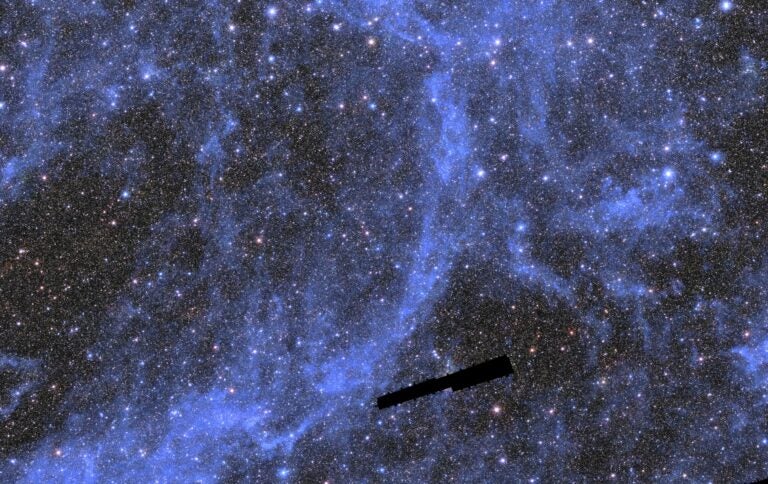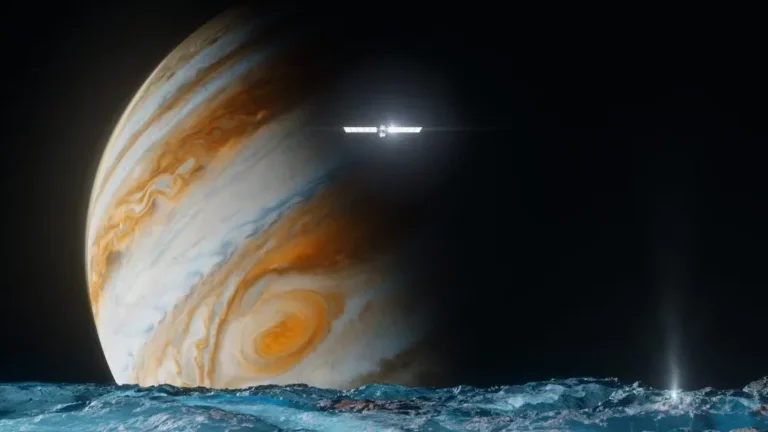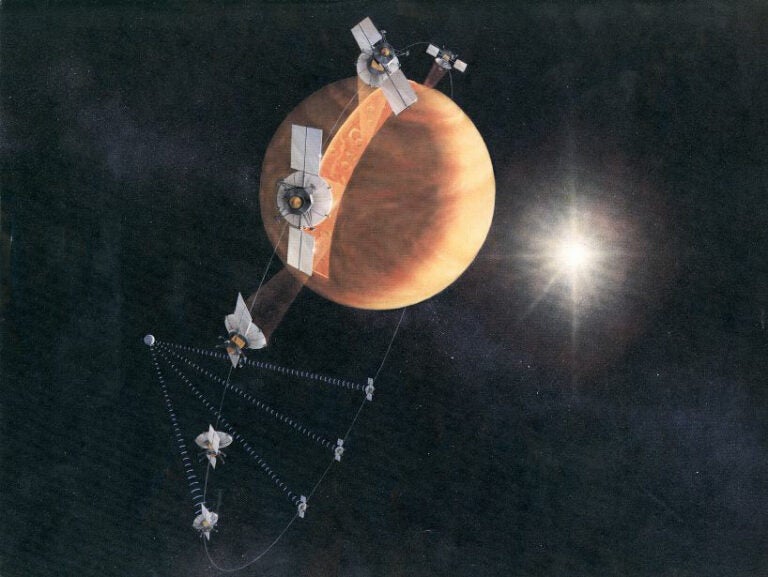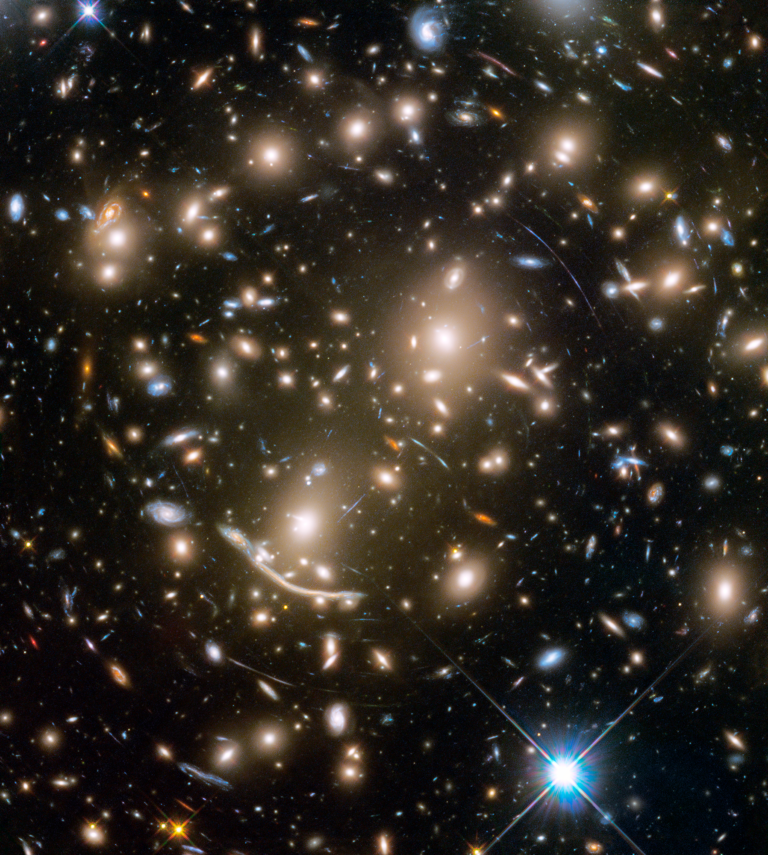“Nothing there,” Case Western Reserve University physicists concluded about black holes after spending a year working to calculate black hole formation. The research may solve the information-loss paradox that has perplexed physicists for the past 40 years.
“It’s complicated and very complex,” said Case physicists Tanmay Vachaspati, Dejan Stojkovic, and Lawrence Krauss, referring to the overall problem and their particular approach to solving it.
The physicists set out to discover just what happens once something enters and collapses into a black hole. In current thinking, once this happens, all information is lost. Yet, the researchers thought, if all information is lost, then laws of quantum physics are defied.
“If you define the black hole as some place where you can lose objects, then there is no such thing, because the black hole evaporates before anything is seen to fall in,” Vachaspati said.
The team argues that information would remain forever on the event horizon — the black hole’s point of no return. The masses on the edge of the incipient black hole appear to be collapsing, but never actually fall inside the event horizon.
Researchers began by collapsing nonsingular matter to see if an event horizon formed, signaling the creation of a black hole.
They found while mass shrank in size, the matter never collapsed inside an event horizon. Evidence of pre-Hawking radiation — a non-thermal radiation that allows information to be recovered from the collapsing mass — may be the explanation for this.
“Non-thermal radiation can carry information in it unlike thermal radiation. This means that an outside observer watching some object collapse receives non-thermal radiation back and may be able to reconstruct all the information in the initial object, and so the information never gets lost,” the team said.
According to the researchers, if new black holes form, information formed in the initial state would disappear in the black hole after a burst of thermal radiation.
Using Schrodinger formalism, the researchers suggest that information about energy emitted from radiation is long-evaporated before an event horizon forms.
“An outside observer will never lose an object down a black hole,” Stojkovic said. “If you are sitting outside and throwing something into the black hole, it will never pass over, but will stay outside the event horizon, even if one considers the effects of quantum mechanics. In fact, since in quantum mechanics the observer plays an important role in measurement, the question of formation of an event horizon is much more subtle to consider.”
The Case team’s findings could be the beginning of a new era in black hole research. “From an external viewer’s point it takes an infinite amount of time to form an event horizon, and the clock for the objects falling into the black hole appears to slow down to zero,” said Krauss, director of Case’s Center for Education and Research in Cosmology.
“This is one of the factors that led us to rethink this problem, and we hope our proposal at the very least will stimulate a broader reconsideration of these issues,” Krauss added.
If black holes exist in the universe, the astrophysicists speculate, they were formed only at the beginning of time.


